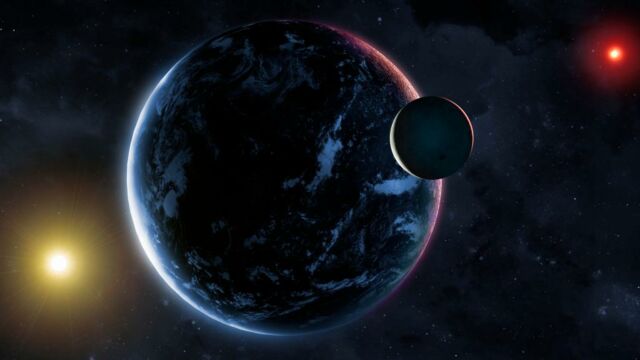It was impossible to see this from the human eye, but our good old blue planet broke a unique record on Wednesday 29 June 2022. As reported by the specialised site Timeanddate.com, this particular day saw the Earth rotate on itself within a time that was 1.59 milliseconds shorter than its standard 24-hour rotation. A new record that could have serious consequences, as explained by The Independent.
Discover our latest podcast
Earth breaks record for the shortest day
In 2020, our planet had its shortest month ever measured since the 1960s. The year 2020 also saw the first record for the shortest day ever set, on 19 July, with a day 1.47 milliseconds shorter. And in 2021, it continued to run at a generally increased speed, although no new record was broken.
The Earth set a new record for the shortest day on July 29 by completing a full rotation on its axis in 1.59 milliseconds less than the standard 24 hours. The speed of the rotation is increasing recently but the reasons are currently unknown.https://t.co/5k6k6a6VFOpic.twitter.com/aRrTIQq2g4
— NewsBytes (@NewsBytesApp) August 1, 2022
However, if we look at the phenomenon over longer periods, the Earth's rotation would appear to be slowing down. Every century, it takes a few milliseconds longer to rotate.
This has led the International Earth Rotation and Reference Systems Service (IERS) to add 'leap seconds' since 1972, i.e. periodic updates to synchronise computer time with observed solar time. The last time such an adjustment was made was on 31 December 2016.
A serious problem for digital devices?
Now, with the recent acceleration, comes the possibility of implementing negative leap seconds. But the latter could potentially create serious problems for computer systems, as the Meta group (formerly Facebook) pointed out in a blog published on 25 July 2022.
In this blog post, the company highlights the fact that leap seconds 'mainly benefits scientists and astronomers' but that it is a 'risky practice that does more harm than good'. In this case, such a time jump could simply block programs or corrupt data due to time stamps on the data storage.
The same applies to the negative leap second, which could have a 'devastating effect on software that relies on timers or schedulers'. To date, 27 leap-second updates have been made to Coordinated Universal Time (UTC), the world's main time standard. Meta engineers said:
We support a wider community to stop the future introduction of leap seconds and stay at the current level of 27, which we believe will be sufficient for the next millennium.
This article was translated from Gentside FR.
Read more:
⋙ Tonga experienced biggest volcanic eruption ever recorded in the history
⋙ Solar flares could hit Earth as sunspot doubles in size
⋙ An asteroid 5 times bigger than the Empire State Building will graze the Earth















